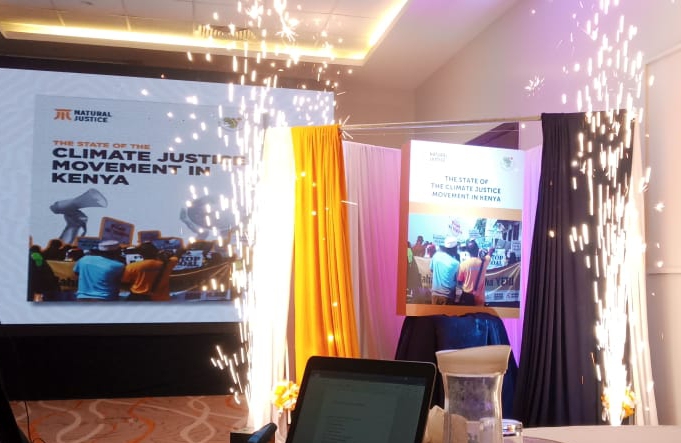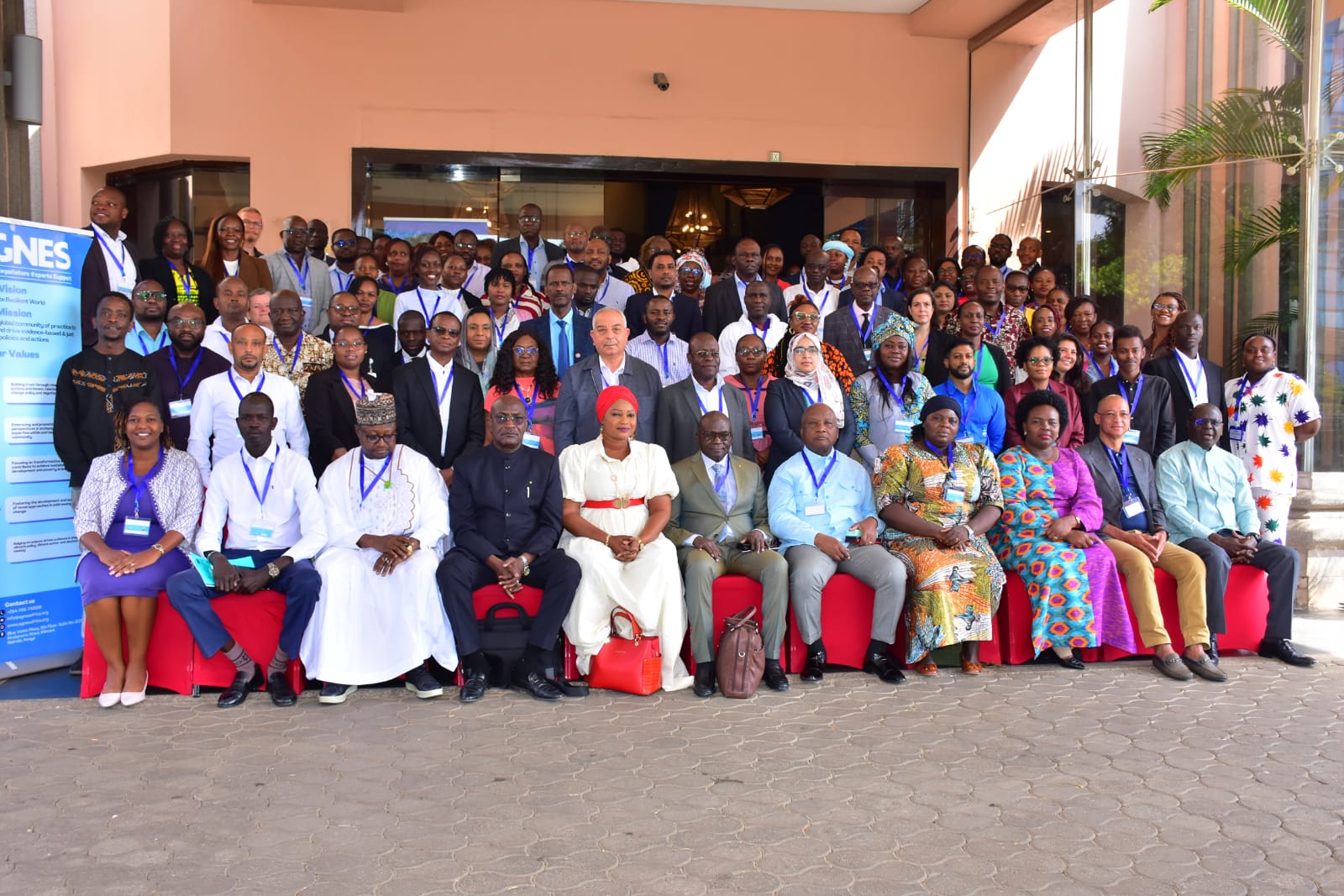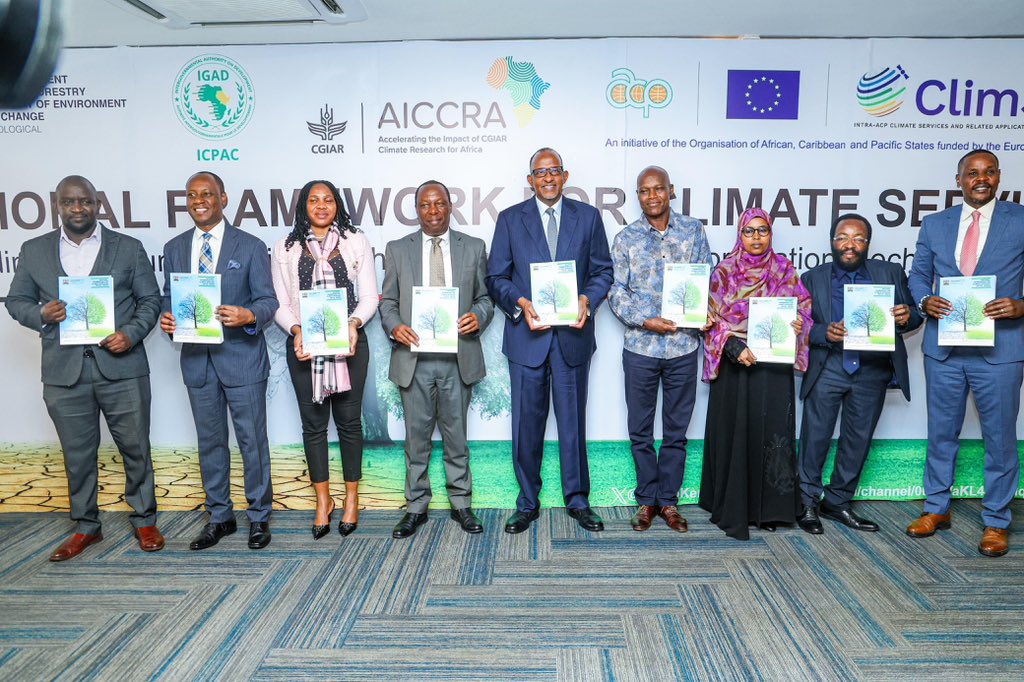By Eddah Waithaka
The State of the Climate Justice Movement in Kenya, reveals that grassroots communities not just NGOs drive the fight for climate justice.
Indigenous Peoples, women, youth, and local activists defend their lands, food systems, and futures with resilience, even as systemic barriers block their full participation in decision-making.
Natural Justice-East Africa spearheaded the study, uncovering a movement far more diverse and widespread than often acknowledged.
While formal organizations attract attention, unregistered community networks some intentionally avoiding bureaucracy to preserve autonomy form the backbone of climate action.
Yet, underfunding, exclusion, and weak political support continue to sideline their voices.
“People don’t call themselves activists, they call themselves defenders. Defenders of water, forests, health, and dignity. That’s where Kenya’s climate justice movement truly thrives,” the report states.
Recent findings reveal a growing trend in Kenya where communities are increasingly turning to legal avenues to confront environmental injustices, with nearly every region engaging in climate-related litigation and demonstrating that they can shape laws rather than just protest.
Additionally, tangible change occurs when funding, particularly through initiatives like the World Bank’s Financing Locally-Led Climate Action Program (FLLOCA), reaches grassroots levels, prompting surges in community participation as climate actions align with essential needs, such as clean energy, food security, and healthcare.
The report highlights that climate injustice disproportionately affects maternal health, mental well-being, and access to clean water, with women and youth at the forefront of demands for systemic change.
However, despite Kenya’s technological advancements, climate activists are not fully leveraging digital tools for data collection, early warnings, and storytelling, and media coverage often neglects the frontline struggles against extractive industries.
Political resistance is evident, as county governments frequently overlook community input, opting for tokenism instead of genuine inclusion; nevertheless, local movements continue to innovate solutions in the face of minimal support.
Elizabeth Kariuki, East Africa Hub Director at Natural Justice, warns, “This report exposes the power and fragility of Kenya’s climate justice movement. True leadership comes from communities, Indigenous Peoples, women, youth yet they fight with little backing. We must amplify their voices, secure their inclusion, and unite behind their vision.”
“To enhance the effectiveness of climate action in Kenya, it is essential to boost funding for grassroots organizations through targeted grants and capacity-building initiatives while forging alliances between NGOs and local communities to bridge critical resource gaps,” Kariuki said.
“Additionally, it is crucial to demand fair representation of civil society on Kenya’s National Climate Change Council, which will ensure diverse perspectives are included in decision-making processes.”
Integrating Indigenous knowledge into national climate policies is vital for creating more resilient and culturally relevant approaches, and mobilizing media to spotlight underreported struggles will help amplify the voices of those most affected by climate change.
“We stand with communities on the frontlines of climate injustice, using legal empowerment, policy advocacy, and movement-building to secure a just future.”
Read More Stories At : https://africawatchnews.co.ke/







